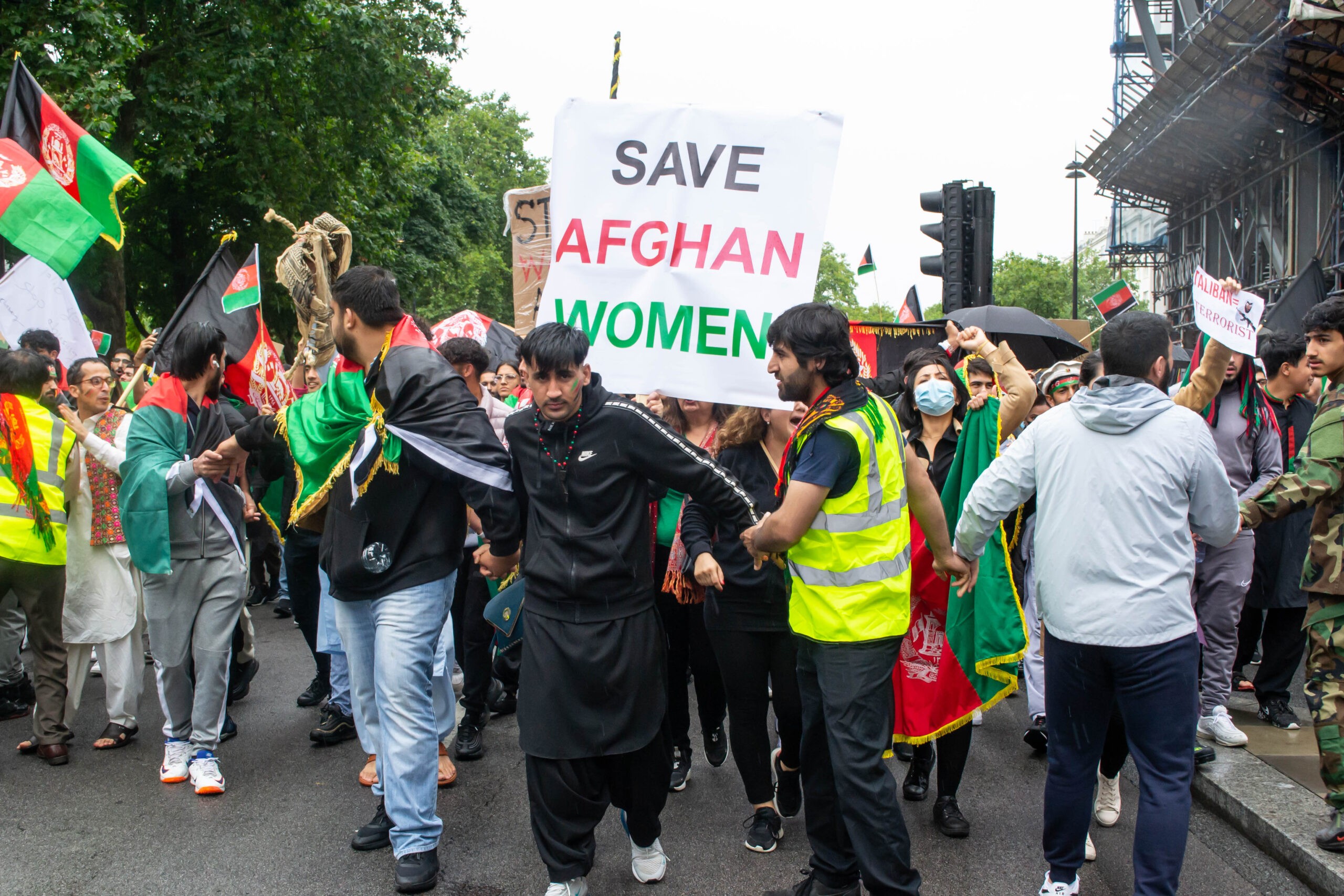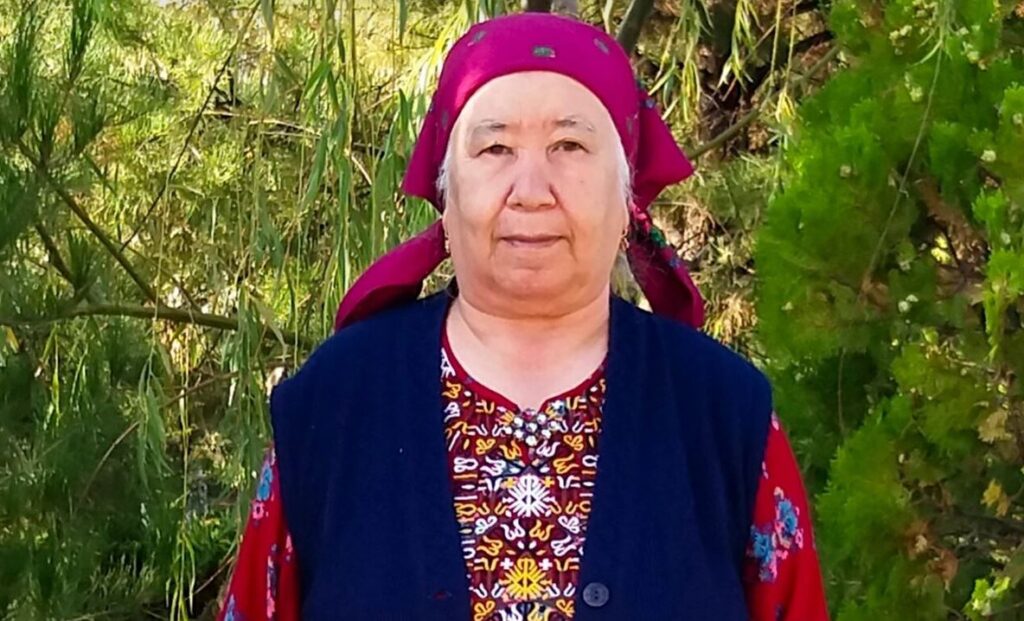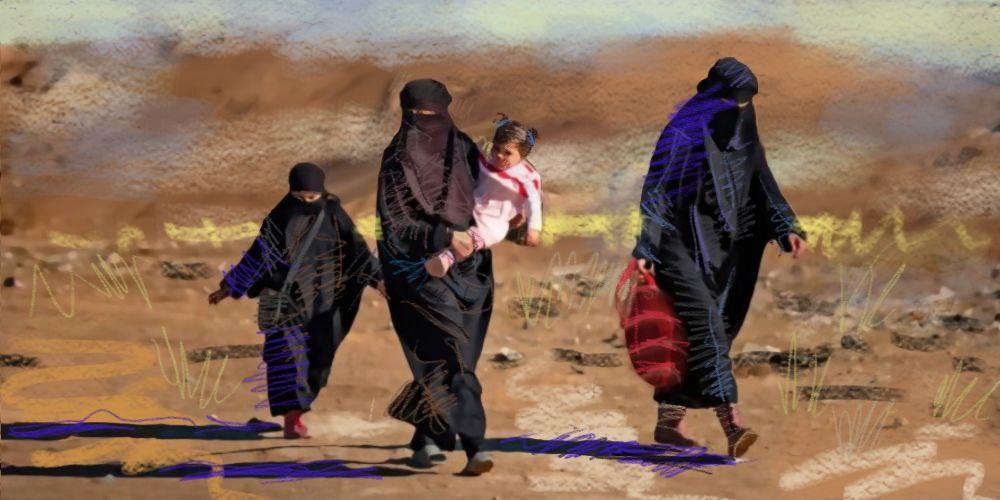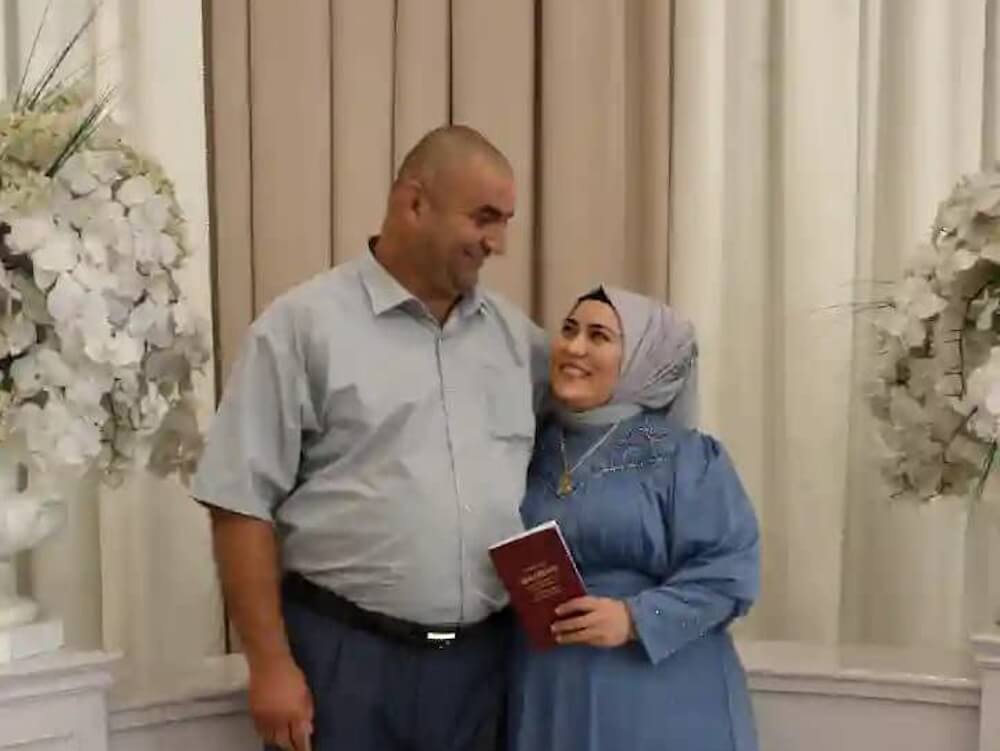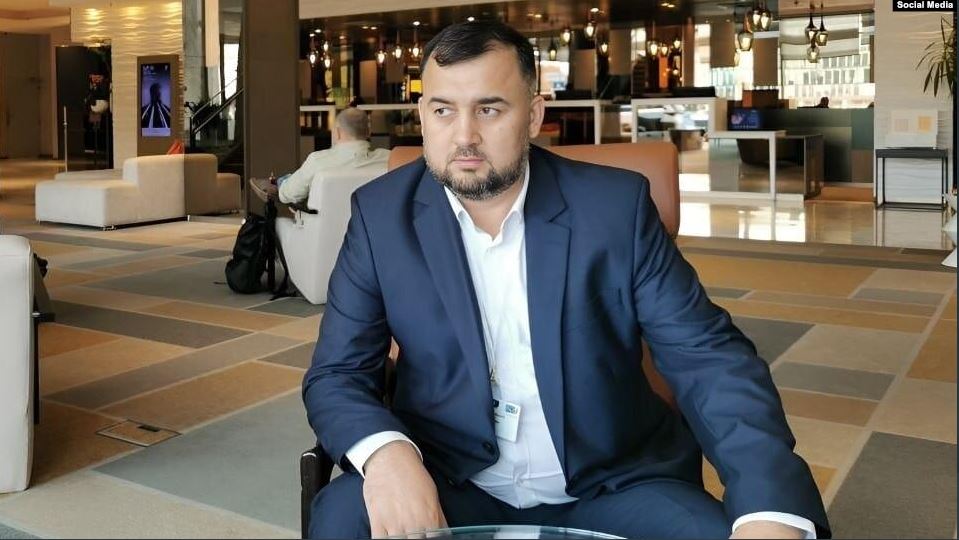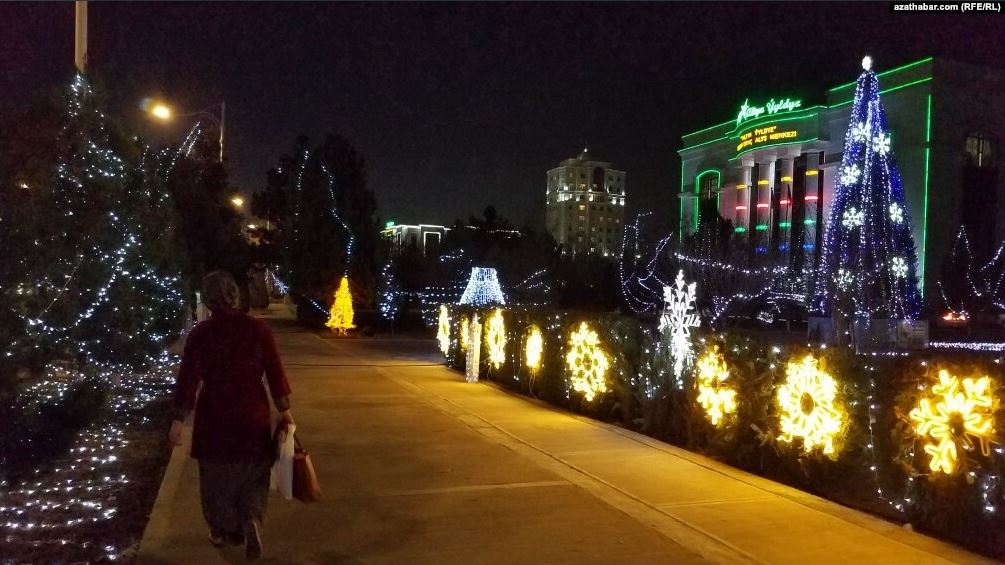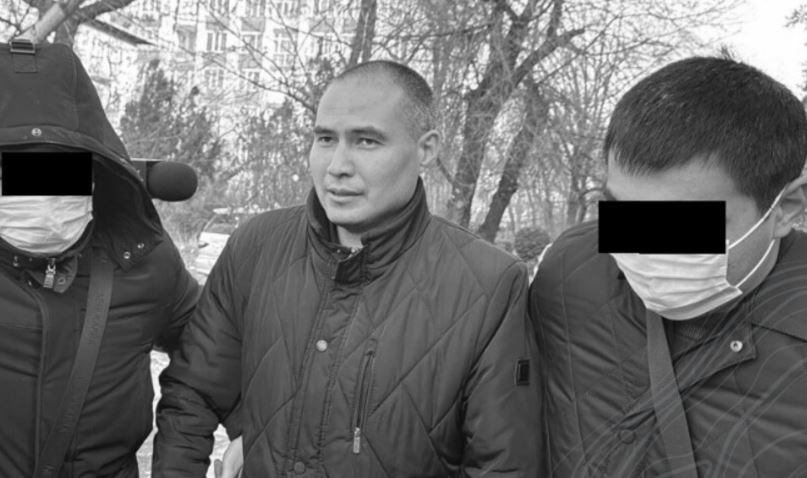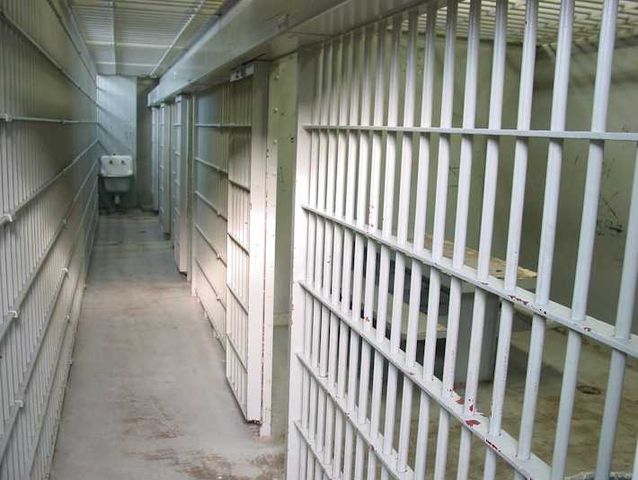Afghanistan earned its reputation as the “graveyard of empires” due to the significant toll exacted on foreign powers in their efforts to achieve military success in the country. This challenge was evident in the experiences of the British Empire, the Soviet Union, and, most recently, the United States. The persistent and decentralized nature of the country’s tribal insurgency made achieving a definitive victory a formidable task. Furthermore, the adherence of groups harbored by the Taliban, such as Al Qaeda, to an extremist religious ideology spread terrorism globally, including in the 9/11 attacks as well as other deadly acts of violence in various parts of the world. While the United States arguably played a constructive role in modernizing Afghanistan, the establishment of democracy and Western values in the country proved to be an insurmountable challenge, even with over $100 billion in foreign aid. With heightened tensions between the Islamic and Western populations reignited in the Levant after the deadly Hamas attack on Israel on 7 October 2023, the threat of Afghanistan-based extremists redirecting their focus towards the West has intensified.
Often overlooked is the fact that Salafists jihadists and other radical groups also pose a challenge to the emerging democracies in Central Asia as these Muslim-majority secular republics are seen as areas to spread their undemocratic and potentially violent influence. In this context, policies that may even inadvertently help promote illiberal religious movements threaten the region’s secular identity and the security of its peoples.
We should assess Central Asia’s unique position on religious freedoms but also on jihadist threats
For the large part, Western countries come from a privileged position of being able to resist the widespread influence from Islamic extremist movements at home thanks mainly to generations of democratic institution building as well as decent geographic distance to areas that would fall under pan-jihadist aspirations. Consider that there is no apparent threat of jihadists entirely displacing Western democratic institutions or imposing a pan-Islamist state encompassing parts of Western nations; most Western lands do not fall on areas some of these groups want to conquer to create an Islamic Caliphate.
On the other hand, many other places, including Central Asia, still risk misconstruing the line between defending individual freedoms and combatting religious extremism. Here, the coexistence of extremist Islamic ideologies and democracy remains somewhat precarious. Islamic radicalism continues to pose a serious challenge to the emerging democracies of the region, where the secular republics are trying to keep a lid on certain hostile ideologies. Militant groups spilling over from Afghanistan and infiltrating post-Soviet countries want to spread jihad to the region and create an Islamic Khaganate stretching from Egypt to China. Pan-Islamist Salafists, such as Islamic State-Khorasan Province (ISKP) and Al Qaeda, have a clear goal to overthrow Central Asia’s secular regimes.
Moreover, the determination of Salafists jihadists and other groups to spread their illiberal and violent struggle to Central Asia (including from neighboring Afghanistan) has become apparent through their growing presence in the region’s schools and other spheres of public life, promoting subjugation of women and intolerance towards other sects and religions. In defense, some Central Asian states have been employing a stricter approach to religious proselytization and the dissemination of extremist propaganda.
When considered from this perspective, those who seemingly promote certain religious movements, which were once considered dangerous by the West itself, may come across as insincere to the populations and governments of Central Asian states.
Take, for instance, the case of Tablighi Jamaat. A recent report published by the U.S. Commission on International Religious Freedom (USCIRF) concerning online religious activity in Kazakhstan, includes references to members of this movement Kazakhstan who faced legal consequences for their affiliations. It would be helpful to note here that Kazakhstan is a secular nation-state where the constitution grants all religious associations equal rights and opportunities. The state does not discriminate against religious minorities or new movements, but bans religious political parties. As in France (along with most Central Asian countries), religious clothing is forbidden in state and educational institutions. There is no state religion, but moderate Hanafi Islam is widely accepted as the traditional faith. Thousands of religious associations from various faiths have peacefully coexisted, including small religious groups such as Mormons and Hare Krishnas, among others. A defining feature of society, at least until recently, has been its wide opposition to political Islam: As of 2013, Kazakhstan had among the lowest levels of support for Sharia law in any Muslim country at just 10 per cent, coming just after Azerbaijan with 8 per cent. Kazakhstan’s Muslims have preferred a more liberal interpretation of religious teachings in their private lives.
Like Taliban, Tablighi Jamaat follows the Deobandi movement of Sunni Islam. The West is familiar with this group. Several of the fourteen suspects arrested in Spain in January 2008 for plotting a terrorist attack in Barcelona had ties to Tablighi Jamaat. A 2008 Stratfor article entitled “Tablighi Jamaat: An Indirect Line to Terrorism” said the group had “come up many times in connection with terrorism plots, including the 2006 scheme to bomb airliners enroute from London to the United States”. The same year, American NGO Fund for Peace said the following: “Though not openly advocating violence itself or recognized as a terrorist group by any Western government, the Tablighi Jamaat is considered a fundamentalist movement birthed from the same Islamic school that later spawned the Taliban and [Kashmir-based terrorist organisation] Harakat ul-Mujahideen”. It also called the group “a secretive Islamic fundamentalist movement present in more than 100 countries and boasting an estimated 70 million adherents”, which “caught the attention of counter-terrorism officials around the world”.
To summarize and put all this in context, Central Asian countries’ position on religious freedoms appear to be on par with France and, until recently, Turkey (prior to changes brought about by the current pro-Islamist government). State secularism in Central Asia is quite different than what we see in most Western countries, including the U.S., where the state holds a neutral stance towards religion and draws the line at an organisation’s incitement to violence rather than its ideology. In this regard, Central Asian states can be more accurately compared to France (or pre-AKP modern Turkey, as envisioned by its secular founder Ataturk) in that their main goal is to stop any one religion from exerting influence on politics, state institutions or society, including through challenging the countries’ secular constitutions. That is not to say religious expression or belief is entirely subdued in the region; in post-Soviet Union societies, there has been a legitimate role for a variety of religions, overseen and protected by the state.
Jihadist aspirations have long been posing a threat to Central Asia
Taliban’s recent return to power in Afghanistan has further encouraged extremist ideologies and negatively affects Central Asian countries, who have openly backed the U.S. campaign against Taliban. As is also the case in many Western countries, including the U.K. and Belgium, Central Asian fighters returning from their stints in global Islamists movements, such as from Syria, Iraq and Afghanistan, raise legitimate concerns about “sleeper” cells in their homelands.
Central Asian states can recall the grievances caused by religious extremists following their independence from the former Soviet Union. For instance, in the 1990s, Uzbekistan experienced several terrorist attacks including bomb explosions in its capital claimed by the Islamic Movement of Uzbekistan (IMU) as well as a 1999 assassination attempt on then-president Karimov. Again in the 1990s, extremist were a part of Tajikistan’s bloody civil war, and the Islamic State-Khorasan, which claimed responsibility for the 2023 murder of the governor of Balkh province in Afghanistan, is known to have high-ranking members from Tajikistan. In the early 2000s, the Islamic Jihad Union (IJU), an IMU spinoff that is recognized as a foreign terrorist organisation by the U.S. State Department, became active in Kazakhstan. The country has uncovered multiple Islamist terrorism plots since an IJU suicide bombing in 2011, leading it to adopt stricter laws to regulate religious groups.
Terrorist organisations look to exploit legal, social, institutional and security deficiencies, and it is a state’s duty to plug any potential areas open to such exploitation. Groups like the so-called Islamic State and Al Qaeda look for legitimate and latent Islamic networks to outsource some of their operations. These ostensibly “civil society” movements are often protected by the very state laws that they seek to subvert.
A secular approach to religious tolerance and a peacefully coexisting multiethnic, multireligious fabric of society have been strong pillars of Central Asian populations since their independence, and they are crucial to the region’s ongoing democratic development. The rise of Salafist jihadism and other forms of religious extremism risks this very foundation. In working to strengthen their democracies, Western partners should not prevent these countries from curbing real and present threats that endanger not only their national security but also their secular identity. Many indicators show that Central Asia would rather be like Europe than Afghanistan. Preventing extremists from gaining a stronghold is a means to that end.
